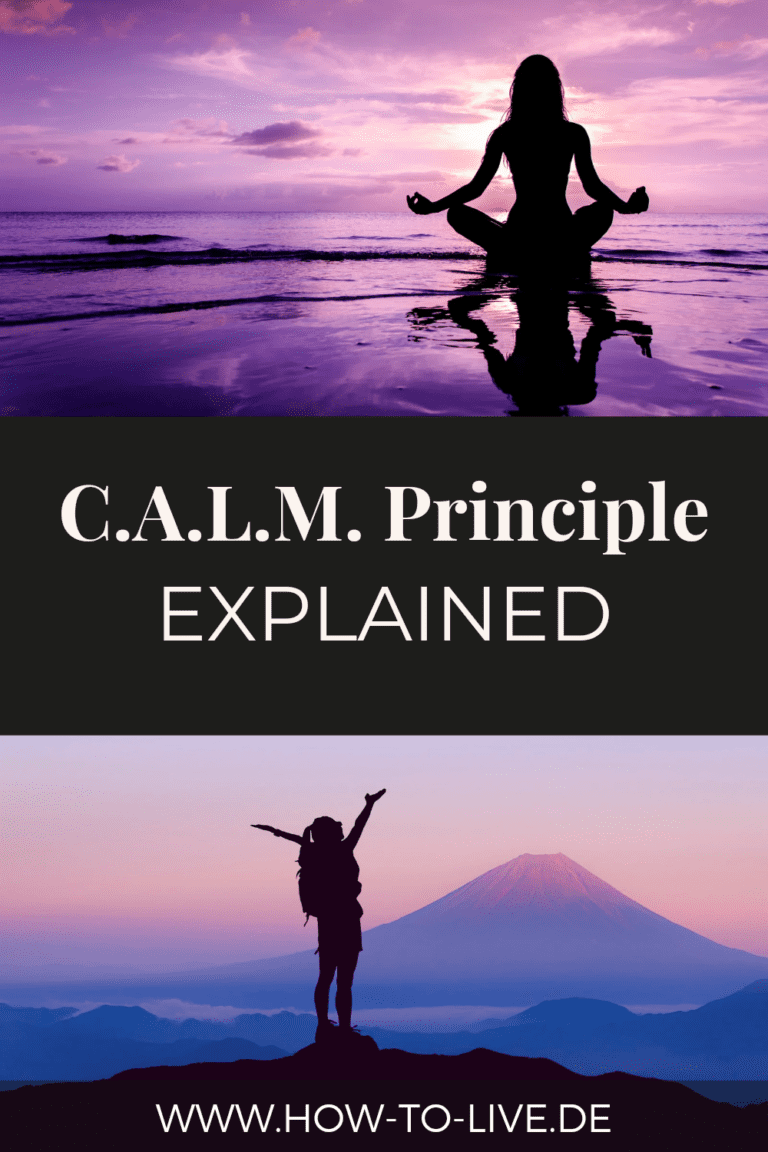Kant explains how we achieve eternal peace
While the young or early Kant was largely concerned with philosophical issues of the Enlightenment, in later years he was also interested in politics, among other things. As in many other things, here too he was well ahead of his time. In Kant's opinion, everyone should have certain rights, no matter where they live. Because if a person can live more or less anywhere in the world, they should also be able to lead a good life no matter where they live. According to Kant, the most important quality of a good life was living in peace, a quality that most of us can enjoy today.
But in order to create such a universal Human right first needed to introduce a form of World government. In his work "On Perpetual Peace", published in 1795, Kant formulated that such a unified world government could emerge in four ways.
Option 1: Kant was of the opinion that the fairest and most just form of government was a democracy. For this reason, he assumed that once all states in the world were democracies, they would then treat each other peacefully in the interests of their peoples. Which means that there will be lasting global peace.
Option 2: All existing states fight each other in an anarchistic manner until one or more victors then impose peace on the other states. Of course, there will be a lot of oppression in this scenario, but this is not necessarily to be understood as a disruptor of eternal peace.
Option 3: In our opinion, this approach is particularly interesting in today's world. Kant believed that eternal peace could also be secured through a complex balance of power between all states. This would work by involving as many non-state actors as possible. In other words, not only states, but also individual organizations have a say. Why this example is particularly relevant today can be seen in neo-feudalism, neo-corporatism or even the money aristocracy. It has long been clear that there are companies, or as Kant calls them non-state actors, which have more say than some states.
Option 4: In this last option, peace would come about through a world state or a world republic. Whereas in the first option, the independent democracies would act together, here a number of democratic states would join forces and form a unified world government. Incidentally, Kant was also of the opinion that democracies attract each other like magnets and thus come together. It is not clear from his work exactly how this world government is formed. From today's perspective, however, we could assume that it is regulated in the same way as in Germany with the Bundestag and Bundesrat. For example, each country or state could elect its own direct government. This would then send a few representatives to the world government.
Kant was convinced that eternal peace could be achieved in one of these ways. With the idea of cosmopolitanism in particular, he was ahead of his time, as he was on a number of other points. Especially from today's perspective, it is exciting to see which institutions have developed over time and in what respect they resemble one of the four possibilities. Having dealt with this topic, we see some associations of countries with different eyes. Because not only the United Nations, but also the European Union and NATO show that Kant not only understood a lot about philosophy, but also about politics.







